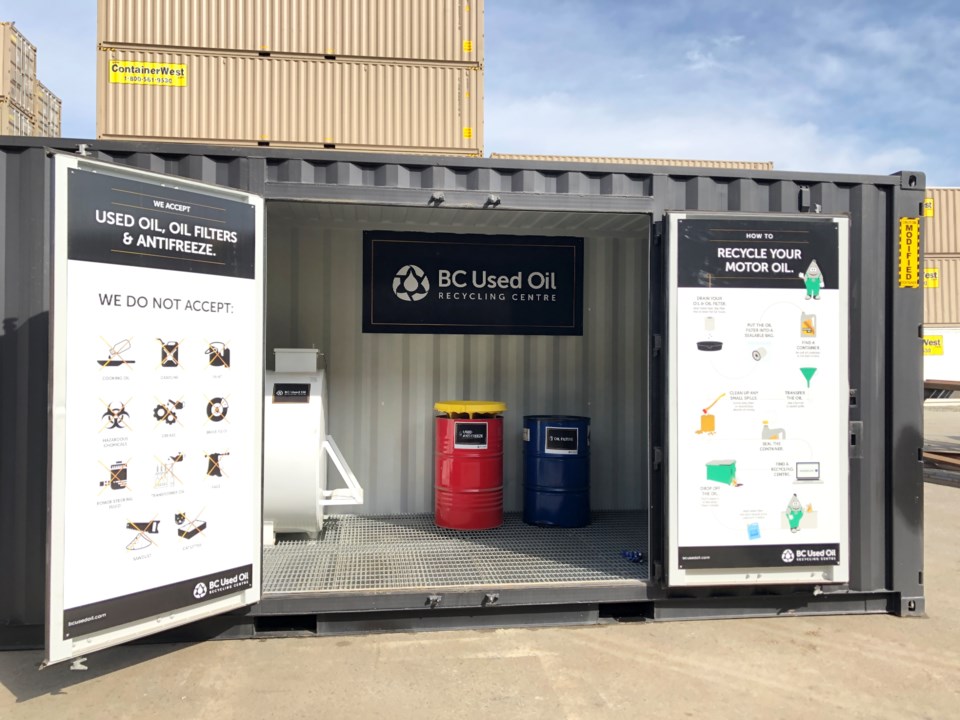There’s only one answer for what you should do with your used motor oil — recycle it.
Each year, about 215 million litres of new motor oil is sold across western Canada. Most of that oil is not consumed during use and is available to be recycled.
The good news is that most British Columbians already recycle their used motor oil without even knowing it. When they take their car to be serviced by a certified mechanic at a dealership, lube shop, or oil change shop, those businesses ensure the used oil ​​is collected and responsibly recycled by registered processors. In fact, of all the used oil and antifreeze collected in BC, 95% is collected from commercial facilities.
For those that choose to change their own oil, there are a number of public recycling centres that will accept used motor oil and other recyclable materials for free. This network of recycling centres is available to anyone in B.C. to go and drop off their used motor oil — at absolutely no cost.
Recycle your used motor oil. Photo: BC Used Oil Management Association.
If you do change your own oil, here are the steps you should follow to make sure it is recycled:
- Drain your oil and oil filter — and remember that the filter has to drain for 12 hours.
- Put the filter into a bucket.
- Transfer the oil into a container using a funnel.
- Clean up any oil spills (kitty litter and wood chips absorb oil nicely).
- Seal the container tightly
- Visit to search for the closest public recycling centre near you.
- Drop off your oil during business hours
Each year, approximately 50 million litres of oil are collected and responsibly managed through the recycling program. In 2020, a total of 45,633,272 litres of used motor oil was collected.
Used oil can be re-refined into new lubricating oil or processed and sold as new product. Oil filters are crushed and taken to a steel mill to create reinforcing steel, while used antifreeze can be refined and reused. Plastic and metal containers are recycled into new plastic and metal products.
Most of the material collected in B.C. is also recycled within B.C., making the process part of a growing circular economy within the province.
To search for the nearest recycling drop-off location, visit .



